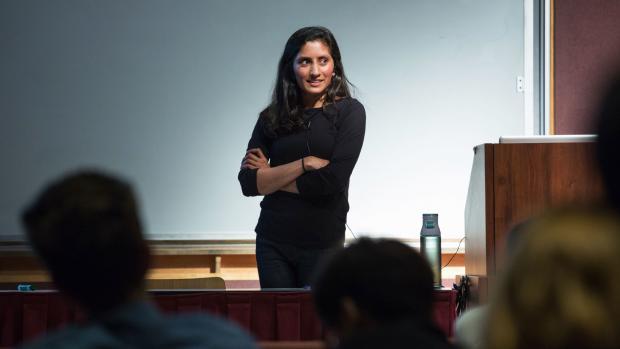
Breaking News
 Green Rush Reloaded: Pot Stocks Soar On Trump Push For Rescheduling
Green Rush Reloaded: Pot Stocks Soar On Trump Push For Rescheduling
 Nuclear Reactors For Investors
Nuclear Reactors For Investors
 Everyone Except Zelensky 'Loved' My Plan, Trump Says, Warning Of WW3
Everyone Except Zelensky 'Loved' My Plan, Trump Says, Warning Of WW3
 Israel Used Palantir Technology In Its 2024 Lebanon Pager Attack, Book Claims
Israel Used Palantir Technology In Its 2024 Lebanon Pager Attack, Book Claims
Top Tech News
 Build a Greenhouse HEATER that Lasts 10-15 DAYS!
Build a Greenhouse HEATER that Lasts 10-15 DAYS!
 Look at the genius idea he came up with using this tank that nobody wanted
Look at the genius idea he came up with using this tank that nobody wanted
 Latest Comet 3I Atlas Anomolies Like the Impossible 600,000 Mile Long Sunward Tail
Latest Comet 3I Atlas Anomolies Like the Impossible 600,000 Mile Long Sunward Tail
 Tesla Just Opened Its Biggest Supercharger Station Ever--And It's Powered By Solar And Batteries
Tesla Just Opened Its Biggest Supercharger Station Ever--And It's Powered By Solar And Batteries
 Your body already knows how to regrow limbs. We just haven't figured out how to turn it on yet.
Your body already knows how to regrow limbs. We just haven't figured out how to turn it on yet.
 We've wiretapped the gut-brain hotline to decode signals driving disease
We've wiretapped the gut-brain hotline to decode signals driving disease
 3D-printable concrete alternative hardens in three days, not four weeks
3D-printable concrete alternative hardens in three days, not four weeks
 Could satellite-beaming planes and airships make SpaceX's Starlink obsolete?
Could satellite-beaming planes and airships make SpaceX's Starlink obsolete?
Graduate Student Solves Quantum Verification Problem

In the spring of 2017, Urmila Mahadev found herself in what most graduate students would consider a pretty sweet position. She had just solved a major problem in quantum computation, the study of computers that derive their power from the strange laws of quantum physics. Combined with her earlier papers, Mahadev's new result, on what is called blind computation, made it "clear she was a rising star," said Scott Aaronson, a computer scientist at the University of Texas, Austin.
Mahadev, who was 28 at the time, was already in her seventh year of graduate school at the University of California, Berkeley — long past the stage when most students become impatient to graduate. Now, finally, she had the makings of a "very beautiful Ph.D. dissertation," said Umesh Vazirani, her doctoral adviser at Berkeley.

 First totally synthetic human brain model has been realized
First totally synthetic human brain model has been realized Mach-23 potato gun to shoot satellites into space
Mach-23 potato gun to shoot satellites into space

